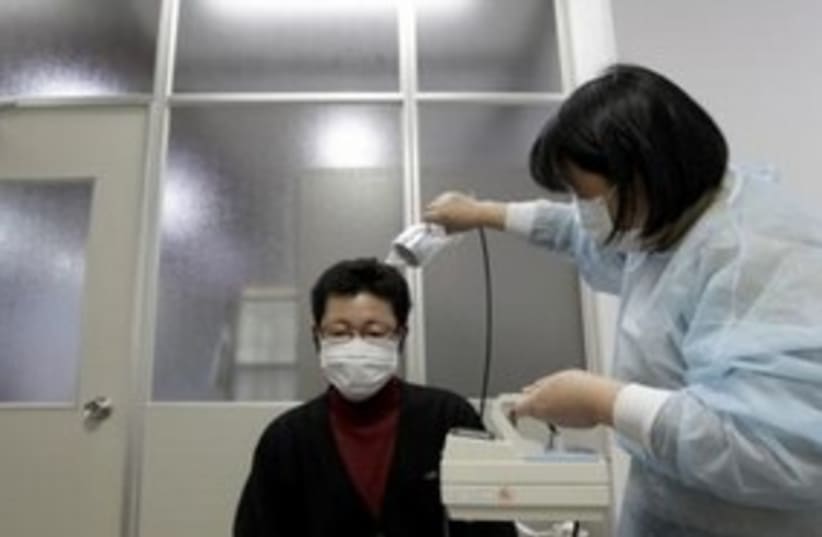OVERSHADOWING RELIEF EFFORTThe crisis at the plant, 240 km (150 miles) north of Tokyo, has overshadowed a relief and recovery effort from the magnitude 9.0 quake and the huge tsunami it triggered on March 11 that left more than 27,100 people dead or missing in northeast Japan.The Japanese government estimated last week the material damage from the catastrophe could top $300 billion, making it the world's costliest natural disaster.In addition, power cuts have disrupted production while the drawn-out battle to prevent a meltdown at the 40-year-old plant has hurt consumer confidence and spread contamination fears well beyond Japan.Amano, a former Japanese diplomat who made a trip to Japan after the quake, said authorities were still unsure about whether the plant's reactor cores and spent fuel were covered with the water needed to cool them.He told the newspaper he saw a few "positive signs" with the restoration of some electric power to the plant, adding: "More efforts should be done to put an end to the accident."UN Secretary-General Ban Ki-moon said it was time to reassess the international atomic safety regime.Japan's nuclear crisis also looks set to claim its first, and unlikely, political casualty. In far away Germany, Chancellor Angela Merkel's party faces a defeat in a key state on Sunday, largely because of her policy U-turns on nuclear power.
Radioactivity soars in Japan reactor, workers evacuated
Radiation level of water in Fukushima plant's No. 2 reactor 10 million times normal amount; IAEA chief warns nuclear emergency not over.

OVERSHADOWING RELIEF EFFORTThe crisis at the plant, 240 km (150 miles) north of Tokyo, has overshadowed a relief and recovery effort from the magnitude 9.0 quake and the huge tsunami it triggered on March 11 that left more than 27,100 people dead or missing in northeast Japan.The Japanese government estimated last week the material damage from the catastrophe could top $300 billion, making it the world's costliest natural disaster.In addition, power cuts have disrupted production while the drawn-out battle to prevent a meltdown at the 40-year-old plant has hurt consumer confidence and spread contamination fears well beyond Japan.Amano, a former Japanese diplomat who made a trip to Japan after the quake, said authorities were still unsure about whether the plant's reactor cores and spent fuel were covered with the water needed to cool them.He told the newspaper he saw a few "positive signs" with the restoration of some electric power to the plant, adding: "More efforts should be done to put an end to the accident."UN Secretary-General Ban Ki-moon said it was time to reassess the international atomic safety regime.Japan's nuclear crisis also looks set to claim its first, and unlikely, political casualty. In far away Germany, Chancellor Angela Merkel's party faces a defeat in a key state on Sunday, largely because of her policy U-turns on nuclear power.